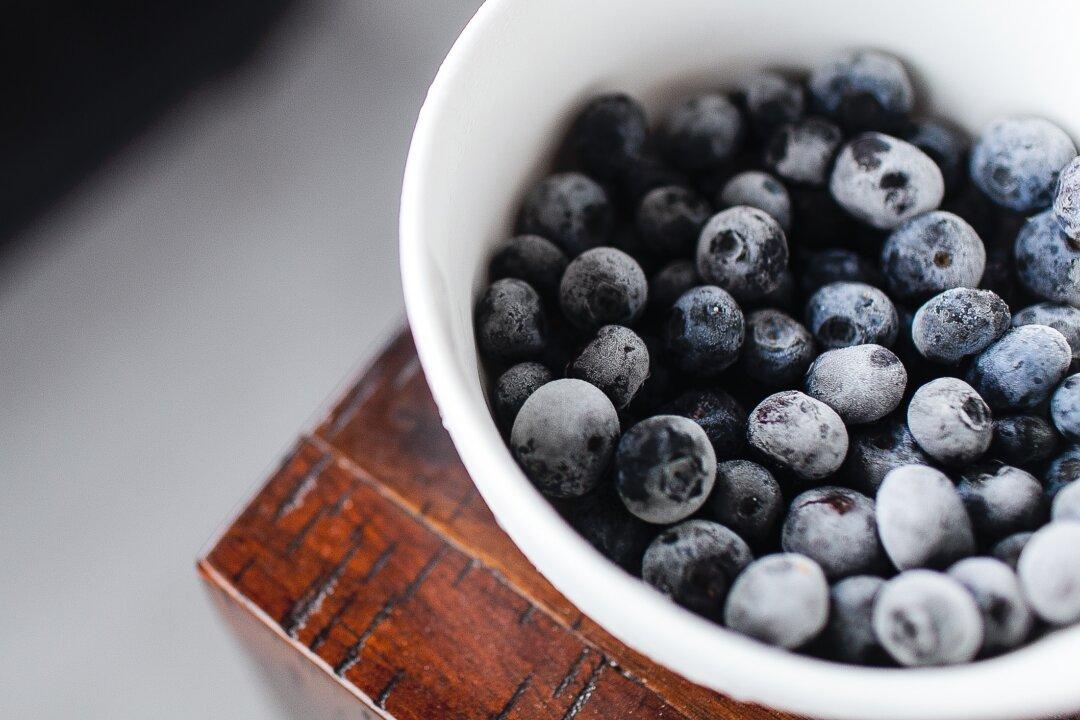Grocery stores owned by Kroger across the country are recalling store-label frozen berries because they might be contaminated with hepatitis A.
There have been no reported illnesses.

Grocery stores owned by Kroger across the country are recalling store-label frozen berries because they might be contaminated with hepatitis A.
There have been no reported illnesses.